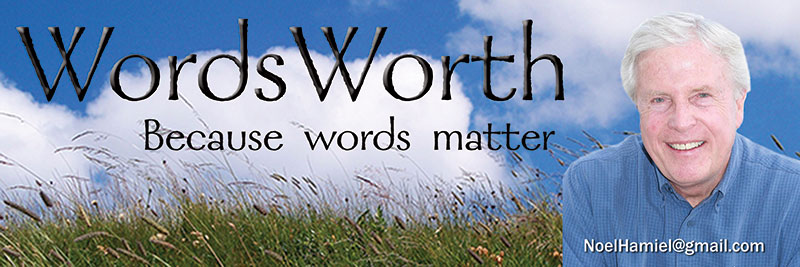Enhance: heighten, increase; especially: to increase or improve in value, quality, desirability, or attractiveness. – Merriam Webster Dictionary
If your child was suffering from a dreaded disease, should there be any medicine or procedure off limits to save him or her?
If your doctor told you that the baby soon to be born was destined to be shackled by an incurable condition, would not your first reaction be: “Isn’t there something that can be done?”
Whether science should have boundaries saw heightened emotion in the debate over using embryonic stem cells for research in 2001. President George W. Bush signed an executive order preventing the use of federal funds for such research, a position supported by most Christian churches. The ban was reversed by President Obama.
And again just a year ago, Planned Parenthood was caught on camera negotiating the sale of fetal body parts, which opened anew the question of ethics in science.
We are continually learning of potential choices that seem to place our spiritual beliefs in conflict with today’s scientific advances.
Consider the word “enhance,” as defined above.
A recent survey by the Pew Research Center showed that the developing enhancement technologies of gene-editing, computer chip implants, and synthetic blood transfusions are not universally accepted by Americans, many of whom are having reservations about the role of science and where these emerging technologies are taking us.
Even though gene-editing could nearly guarantee a healthy baby, for example, less than half of those surveyed said they would approve of the procedure in order to reduce the chance of a serious disease.
Synthetic blood transfusions sound less problematic from a religious standpoint, but just over half the respondents said they would allow it. Synthetic blood produces greater oxygen levels, which in turn enhances physical performance.
The computer chip implant has been shown to improve concentration, information processing, and even memory when implanted into the brain.
An interesting aspect of the survey is that the more religious respondents were less apt to endorse these technologies as a good idea. Three quarters of atheists, for instance, said they would approve gene editing for their infants, compared to 41 percent of Protestants and 48 percent of Catholics.
Science sometimes makes us uncomfortable, particularly when it seems to be pushing mankind closer to playing God in contrast to simply using the gifts God gave us to make our lives better. That’s why “ethics,” as well as “enhancement,” must continue to be part of the conversation, even for scientists.
Sept. 21, 2016
